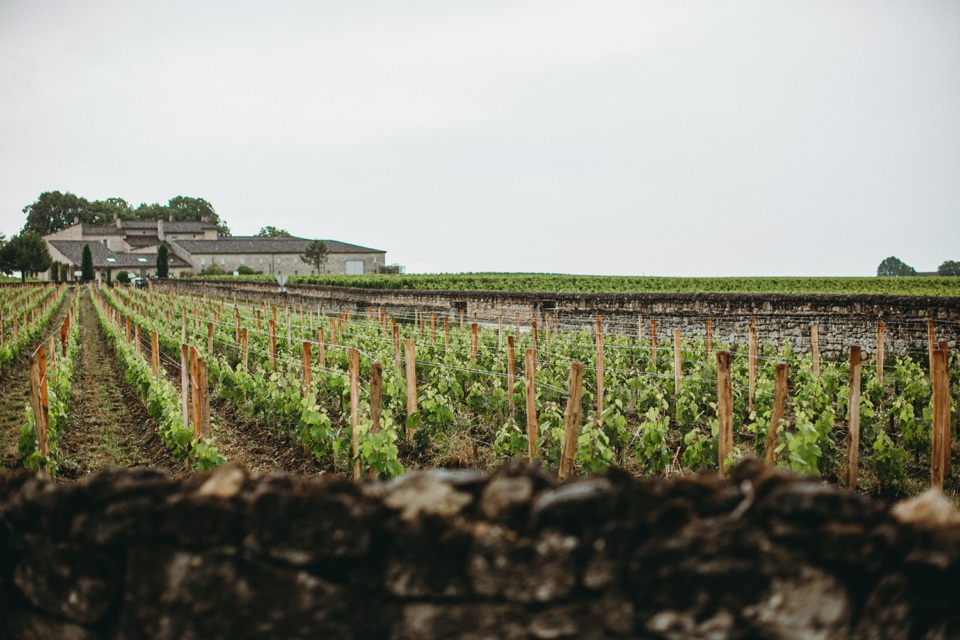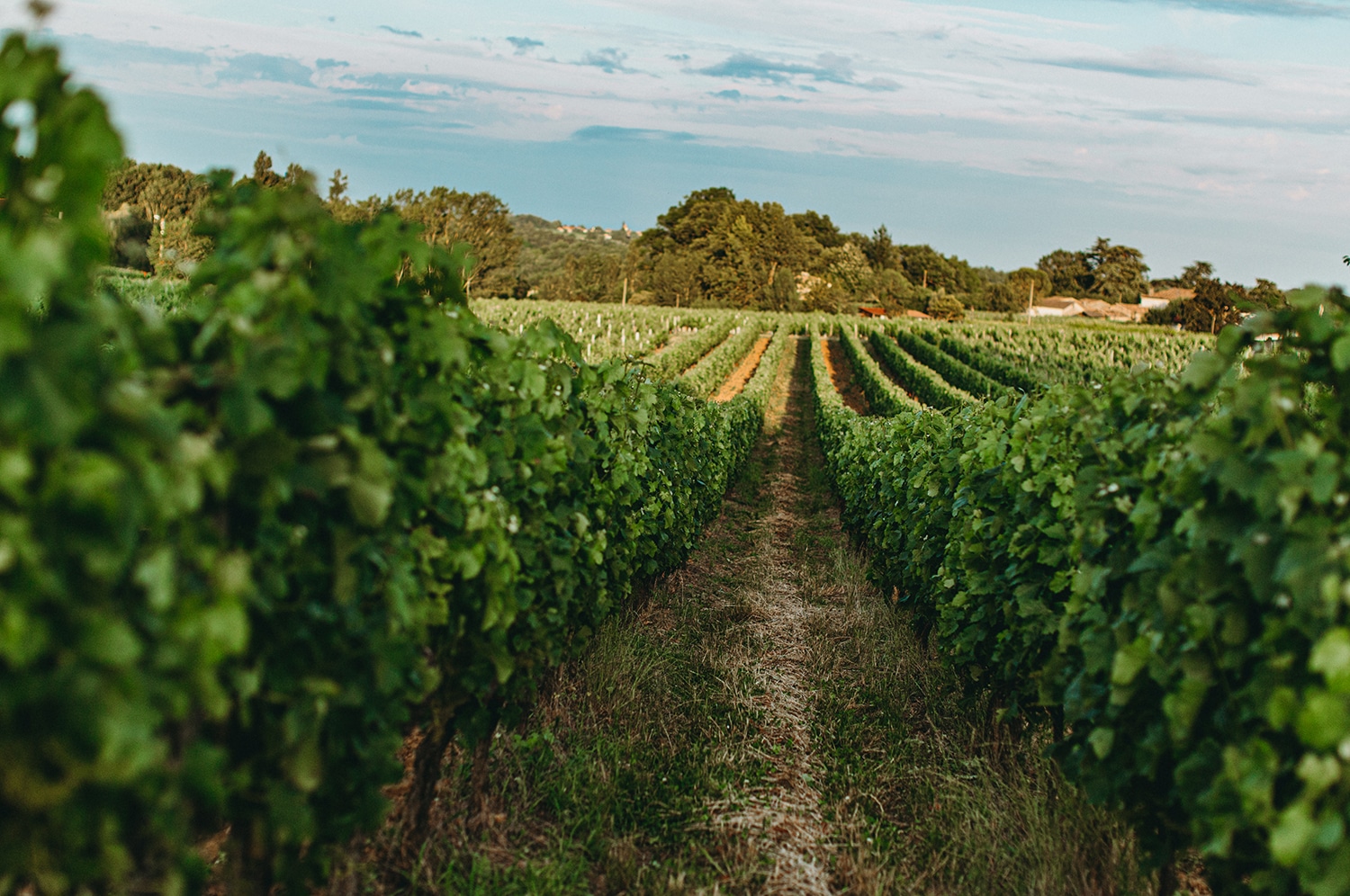© Favoreat/Katja Hentschel
In particular, European wines have proven to be a dominant force in the advancement of sustainable wine culture. So, how do Bordeaux and Germany vary when it comes to the sustainability of their wines, and how are they similar?
With a long track record of organic farming, Germany is considered to be one of the world’s foremost environmentally conscious countries. This certainly holds true when it comes to German winemaking.
In fact, Germany is home to Verband Deutscher Naturweinversteigerer, one of the world’s first wine growers’ associations, founded in 1910. Comprised of four German regional groups this organisation came together to celebrate and sell their natural wines, although natural wasn’t quite the buzz word it is today.
Germany reports that 8% of their total hectares, or about 8000, are certified organic, and the organic way of winemaking is only on the rise! Most German winemakers have united around a minimal approach being best: “As little as possible, as much as necessary.” 
© Favoreat/Katja Hentschel
Just a hop away, Bordeaux is firmly committed to sustainable winemaking practices.
After reviewing the results of their first Carbon Footprint Assessment in 2008, leaders in Bordeaux decided to make a change, and commit to reducing the region’s greenhouse gas emissions. On a larger scale, they introduced the Climate Plan 2020, aiming to reduce the region’s total emissions by 20% by the year 2020, while committing to conserve 20% more of their water and energy in the same amount of time.
Now, 60% of vineyards in Bordeaux incorporate some sort of sustainable approach. Notably, the region’s work in pesticide reduction, environmental impact, and biodiversity have been paramount priorities for researchers and significant opportunities for advancement.
For both Germany and France’s Bordeaux wine region, the goal of increased sustainability continues to drive winemaking practices. With the advancements in the last decade alone, it’s inspiring to think of the future possibilities when it comes to sustainable wine in both beloved countries.
